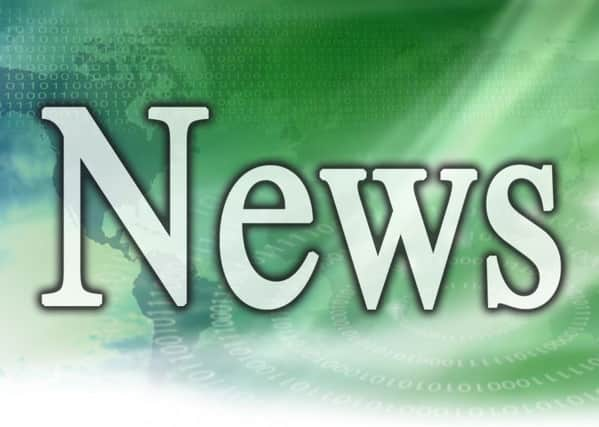Reducing milk production will havelittle benefit in the long-run, warns UFU


The comments were made following a meeting of the UFU’s dairy policy committee, which is made up of members from across all counties in Northern Ireland and supplying all milk buyers, organised specifically to discuss the aid package recently announced by the EU Commission.
Mr Irvine said: “We still don’t have all specifics in regards to the practical details of the schemes outlined in the EU Commission’s aid package but already the committee has serious concerns in relation to the scheme to support a voluntary reduction in milk supply.
Advertisement
Advertisement
“Firstly, spread across 28 member states, €150m is not likely to stretch far enough to provide meaningful financial support to farmers.
“Secondly, the committee has questioned the logic behind the initial proposed reference point chosen by the Commission. Usually the months of October, November, December is when winter bonuses are paid to dairy farmers, so a reduction in supply would hinder a business, especially as it is unlikely the payment coming from the voluntary reduction scheme would be on par with a farmer’s bonus.
“Thirdly, it is a risky strategy, since it is apparent key member states are not willing to back this approach. It has been clear in our discussions with other farm organisations, through COPA, that support for any supply reduction programme is, at best, lukewarm.”
“Ultimately, it will be up to individual farmers as to whether or not taking part in the voluntary reduction scheme is the best course of action for their businesses. However, our concern is that farmers here sacrifice milk output for a small amount in compensation, only to find that because others have not done so and then income is lost for no increase in the milk price,” said Mr Irvine, who added that the weakening of sterling was likely to be the big driver of milk prices here over the coming months.
Advertisement
Advertisement
In terms of the €350m national envelope component of the aid package, of which the UK will receive €30.1m, the committee welcomed this as a means of easing cash flow pressure on farms.
Mr Irvine concluded: “We are still awaiting details around the national envelope scheme but already NI Agriculture Minister Michelle McIlveen has warned of ‘complex strings attached’, which could delay support and this is a cause for concern.”